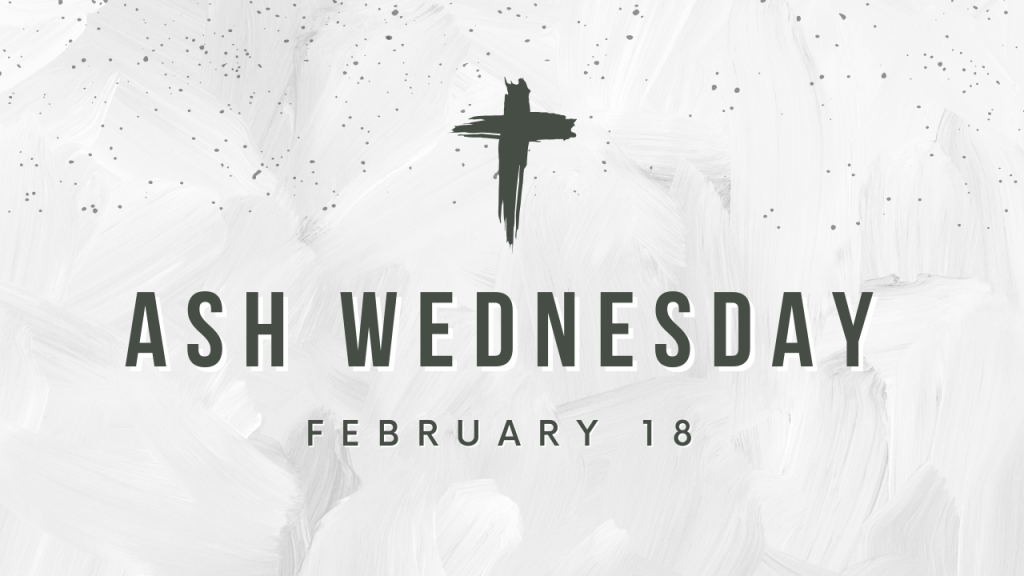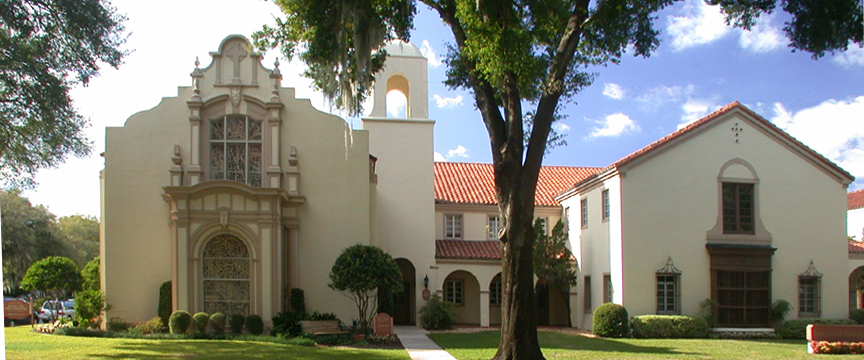
As you may know in the United Methodist System, the Board of Trustees oversees all church property – that involves our church campuses, land, and clergy parsonages. Our United Methodist Book of Discipline requires the Board of Trustees to “manage, control, disburse, and expend the same in conformity to order and direction of the charge conference or church local conference subject to the Discipline of the United Methodist Church.” After careful consideration, the Board of Trustees adopted a new policy at their meeting on January 19, 2021, to no longer own parsonages for our pastors. In place of providing a parsonage, the church will provide a housing allowance in accordance with the Florida Conference guidelines.
Policy Benefits to Both the Church and to the Pastors
The following are some of the benefits to the church:
- By providing a housing allowance, the church fixes the total cost of providing housing to a pastor.
- By not owning a parsonage, the church will no longer be responsible for maintaining a parsonage and not be responsible to pay major, unexpected and non-budgeted expenses such as the purchase of new appliances or HVAC and similar major home maintenance items.
- By not owning a parsonage, the church would not have to pay monthly housing expenses such as utilities, telephone, cable, and landscape maintenance. These annual budgeted expenses would be eliminated.
- By not owning a parsonage, the church staff would not be needed to make minor repairs or be responsible for hiring an outside contractor to perform work and oversee that work.
The following are some of the benefits a pastor would realize:
- The pastor would be able to select where he/she would like to live, what neighborhood, what school their children would attend.
- The pastor would have the option of deciding whether to own or rent a house of their choice.
- If a pastor were to decide to purchase a house, they could potentially enjoy the benefit of building up equity in a home just like other homeowners; the equity could go towards their retirement.
- By owning or renting their own home, the pastor would have the experience of homeownership that members have.
How Might This New Policy Impact Our Current Clergy?
Currently, Rev. Dr. Jon, Pastor Craig and Pastor Rick already receive housing allowances and this policy does not impact them. Both Pastor David, who lives in the Cardinal Ct. parsonage, and Pastor Rachel, who lives in the Kings Way parsonage, were presented with the option to continue living in the parsonages or shift toward the housing allowance model. With that in mind, Pastor David opted to shift to a monthly housing allowance while Pastor Rachel will continue living in the Kings Way parsonage. Per the new policy, Pastor Rachel may continue living in the Kings Way parsonage as long as she desires or is reassigned to another local church. Whenever that takes place, the policy of non-ownership of parsonages will be implemented and the Kings Way parsonage will be sold.
Will Selling the Parsonage and Moving to a Housing Allowance Increase the Church’s Budget?
Currently, the Cardinal Ct. parsonage budget is $19,500 for utilities, insurance, and maintenance. The budgeted amount does NOT include long term maintenance costs. Additionally, over the past five years, the church has paid $88,989 in unexpected maintenance fees. These unexpected costs average an extra $17,798 per year—potential savings to the annual church budget. Plus, any possible long-term repair projects associated with maintaining a functioning house.
The housing allowance would be financed by the annual interest generated from the proceeds of the parsonage sale. According to the Discipline (our denominational guidebook), the principle must be set aside in a designated account and not used for anything other than purchasing a parsonage. Current studies estimate the Cardinal Ct. parsonage sale proceeds to be in the range of $850,000. Over the past several years, our own church foundation has averaged a 5% return on its investments with the Florida UM Foundation. This would generate close to $42,500 in annual interest. The goal would be to generate more interest than the housing allowance and grow the principle.
Considering the savings to the annual budget and the financing of the housing allowance out of the interest earned by the sale proceeds as well as savings on long term maintenance, moving to a housing allowance would not increase the church’s budget. A housing allowance is considered a fixed cost to our church’s budget. Further, the housing allowance is the only amount the church pays the pastor related to housing. The pastor does not receive additional funding for living expenses such as utilities, insurance, maintenance, etc.
Will Selling the Parsonage and Moving to a Housing Allowance Raise Our Apportionments?
The Florida Conference of the United Methodist Church currently ADDS 25% of the pastor’s compensation into the apportionment calculations of churches with parsonages. They do this to create greater alignment with churches that provide a housing allowance. As apportionments are assessed as a percentage of what the local church expends, this increases the apportionment amount for churches with parsonages.
Whether or not this results in a greater apportionment than a church with a housing allowance depends on the pastor’s salary. In this particular case, the 25% adjustment to the senior pastor’s salary is within $3,000 of the proposed housing allowance. This amount would be multiplied by the higher church’s apportionment percentage, ultimately resulting in an increase of apportionments by a few hundred dollars.
However, moving to a housing allowance would result in savings of apportionments because the local church’s expenses towards parsonages such as utilities, insurance, and maintenance are included in local church expenses used to calculate apportionments. Therefore, in our case, where the parsonage budget is $19,500, an apportionment assessment of $3,000 would be less than it is currently.
The Board of Trustees Are Inviting You to a Church Conference Zoom Meeting on Sunday, Feb. 21 at 12:30pm
The new Board of Trustee’s policy (Non-Ownership of Parsonages) calls for a shift away from owning clergy parsonages and a shift toward housing allowances for our pastors. With this shift in mind, Pastor David has agreed to move from the Cardinal Ct. parsonage and adopt the housing allowance model. The United Methodist Book of Discipline calls for a church vote when the Trustees recommend the sale of a property.
During this church conference, members will vote to sell the Cardinal Ct. parsonage at market value to the best offer. The Book of Discipline requires that the proceeds of the sale go to a designated account and the principal remains untouched. Please note, Pastor David is not buying the parsonage.











